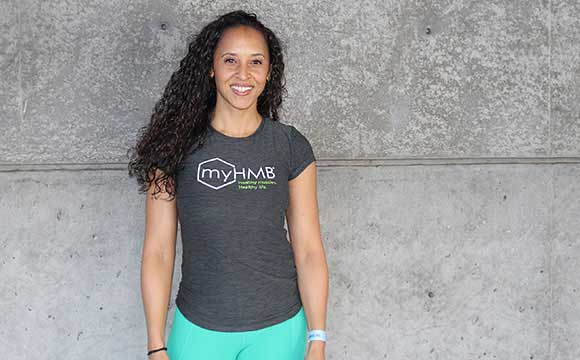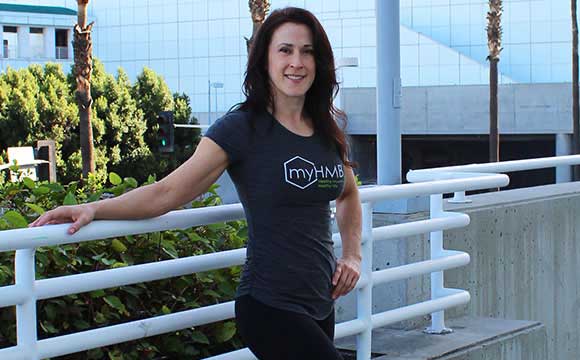What is Body Composition?
Body composition is the percentage of fat relative to fat-free mass (muscle, organs, bone, water, etc.). Healthy body composition definition means having more lean mass and less fat mass. This is why a weight scale, and your corresponding BMI, is not an accurate measure of health as it cannot assess your actual body composition. It is unable to distinguish between water, fat, and muscle weight.
Medical professionals agree that excessive body fat is a health risk. Poor body composition (low muscle mass and high body fat) can increase disease risk. Having low muscle mass can also negatively affect strength and mobility, which become more apparent and debilitating with age. Ultimately, poor body composition can impede living a healthy, fulfilling, and active lifestyle. Being thin, however, does not necessarily reduce one’s health risk. It is better to be lean – have more muscle mass and less fat mass.
Body composition can be improved through building muscle mass, losing fat mass, or both. Muscle building can be achieved by modifying diet and exercise habits. If you are wondering how to lose weight, you should find ways to burn fat without losing your hard-earned muscle. Try focusing on these 3 areas when striving to improve body composition and build muscle mass.
- Muscle-Building Exercises – weight & strength training, sprinting, interval workouts,
- Fat Loss Diet – increase consumption of lean proteins, legumes, fruits, and vegetables
- Weight Loss Strategies – reducing calorie intake, burning calories through cardio exercises, such as walking, jogging, cycling, swimming, and aerobics activities. Research has shown that weight training can also boost your metabolism and burn more calories by increasing your resting metabolic rate.
Fat Loss vs. Weight Loss
As more and more people strive for a healthy, balanced lifestyle; crash diets and extreme weight loss tactics are being replaced by sustainable weight management principles. Ideal weight loss strategies should focus less on workouts to lose weight and instead focus on preserving muscle mass. There is no such thing as fat loss exercises as you cannot directly target where you want to lose fat. Weight loss, however, tends to reduce both fat and fat-free (lean muscle) body mass, acting as a metabolism booster to promote energy storage.
The loss of lean body mass:
- Reduces basal metabolic rate (calories burned at rest)
- Reduces the energy cost of physical activity
Maintaining muscle mass is important for continued weight loss, weight maintenance, and overall health and wellbeing. Fortunately, myHMB® has been shown to protect and build lean muscle mass during diet interventions while simultaneously boosting fat loss.






